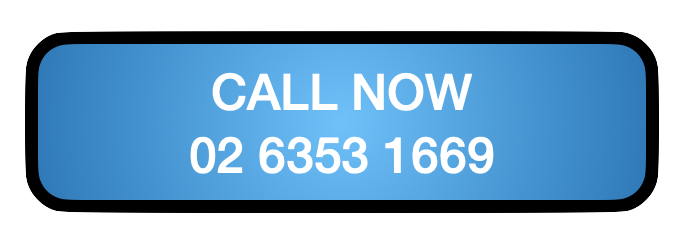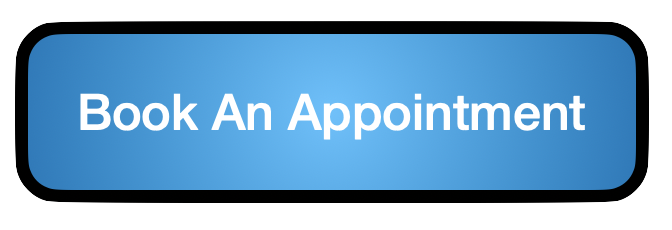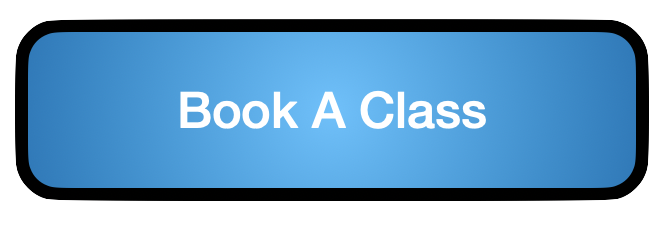One of the interesting challenges that I face with opening up the shop is setting up all the computers and files for expansion. Because I have been working on my own for some time I have all my files the way I like them. Everything can be accessed with the various passwords that I use. Normal computer use. But now that I’m opening up the shop with the express goal of making it so my wife can help out with the retail and training aspects I need to change things a bit.
While just giving my wife the new password would work I have to consider that at some point I’m going to need to hire someone to help with the shop. When that happens even though I am a good judge of character I need o make sure that. I have the means to protect the business if I am wrong.
Instead of just assuming that it will always be me and my wife working I need to build the Macs and network now in a way that will allow expansion.
User Profiles
This should be more common but it is not. User profiles is where each person who uses a computer gets their own access to a computer. This allows them to alter how the computer is used to suit their needs. This also means that if that person were to leave the company for any reason (Good or Bad) it makes it so we can remove their access.
This also means that by altering their access they can have access to only the files they need to do their job. After all, I do not need an iPhone repair Technician to be able to have access to my bank accounts.
While I am a trusting person … having clear boundaries is important.
Secure Backups.
Bad things happen to even the most well-maintained computers. My entire business model is based on this. While cloud backups are a great idea I can’t afford to have online backups of all my data. And with the concept that sometimes I will have clients’ data backed up as well, I need to be sure that I have that security and not in a cloud relying on someone tech guy with no budget to keep everything secure.
So I will be using two or more encrypted backups! Then do a swap of the data off-site. So there will always be data away from the shop in the case of a fire etc.
Synced folders over a local network
While some folks like Dropbox, iCloud, Google Drive and Mega file sharing programs do not suit my needs because I need to really control how the data is shared. So I use software called Syncthing. This is software that allows folders to be synced (Not shared) over the network. So all files are always up to date all the time.
Because of the selective sync, it means that computers and user profiles will only have specific folders synced.
This will also make sure that Key folders are synced to the Mac that is backed up all the time. (Making it so only one computer needs to be backed up … not five)
Naming conventions and notes
With my ADHD I am a chaotic person …. until you see my case notes. They are clear and methodical. Every time someone brings me a device that needs to be repaired it is documented. Every step of troubleshooting of an odd software case is documented. In the unlikely case of something going wrong, I have documentation to not only find out what went wrong but protect the company if the nature of what when wrong was not our fault. (Liquid damage, Data loss before the system was brought int etc)
Because of this the process of taking notes, Keeping paperwork and what to record and what not to record will be clearly documented. (Like we do not ever record credit card numbers or passwords EVER)
By naming files correctly we avoid the mountain of “Untitled Documents” while looking for notes on a repair or invoice. We also make sure that everyone knows what to look for when they need to find a file.
Separation of Personal and Work data
This is another one of those things that are important. Many of small business owners should consider this….. but don’t. My computer has different profiles to keep my personal life and my work life separate. I have had a client have notifications from a dating app pop up during a presentation with their client. They were very embarrassed. (Even though the client did not care)
For us this means an Apple ID just for the shop devices. Not that I mind that Disney Plus shows the latest Star Wars series comes out next week as a pop-up notification while I am at work I also do not need my Daughter who just sent me a text of my Wife’s Suprise Bday party to show up while my wife is serving a client. By having an Apple ID just for internal work will help to avoid this kind of mishap.
Different networks for internal and Guests
While we will be sharing our wifi with folks who come in .. Their wifi will be restricted to access the internet only. Making sure that nobody can access our internal network will be important.
I can’t tell you how many times I have been given a wifi password for a Cafe and have seen not only other guests on the network but the manager’s computer in the back. While the chance of someone coming in and hacking is slim it is better to be safe than sorry.
This also means that our guest’s Wifi passwords will change often.
Finding the balance between ease of access and security
Cybersecurity is a sliding scale. The extreme sides are the ease of use where everyone can access all data easily and the other is everything is so secure that productivity is lost due to the number of security steps needed to do your job.
It is a common problem with IT guys to make things so secure that everything becomes difficult to use. For myself being tech savvy and with redundant methods of getting things done, this is not a problem. But what happens when I hire someone who is going to focus on retail?
This is why having a real and accurate look at what our real security needs are is important.
Client Data Privacy
Want to see me angry! I mean really angry? When I see another tech misuse a client’s data! Ohh that makes me angry. I go out of my way to respect clients’ data sometimes to the point of making a job take longer because I need to get permission to access a folder that looks like it may be private (Bank account records, photo libraries etc)
For example, I have ways of removing someone’s Photos database without looking at a single photo. In situations where clients’ data needs to be backed up onto one of our machines, we use specific computers with hard drives that are securely wiped after the job is done. Or only have data on hard drives that is purchased by the client.
While I know many of my clients would love to have me keep records of their Apple ID passwords that is a big fat No!
By having a clear policy we avoid all kinds of mistakes that could result in a bad day.
This is just the beginning
Yes, this is a lot to think about. However, it is better to do it now than to have to make this sort of change two years from now when we need to hire someone.



